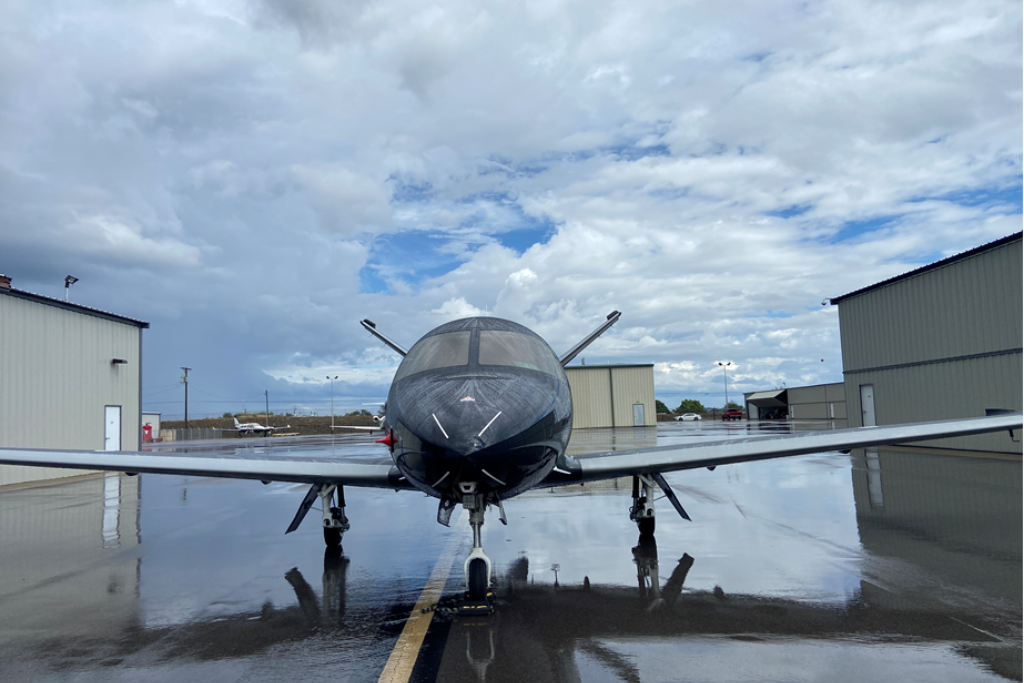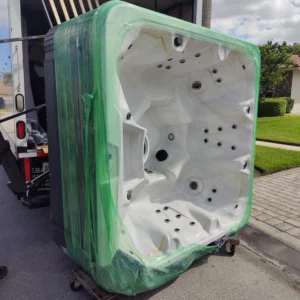
The flying of the advanced Cirrus SF50 Vision Jet, in the busy private aviation industry, demands a level of pilot that is beyond normal licensing and experience. Though the industry is full of contract pilots, the comparing owners and flight departments need a service that is not simply good, but outstanding, one that becomes a real extension of their own professionalism and safety concerns. This is the guiding principle that will make a new standard of operational support. Our company is committed to delivering Vision Jet contract pilots who redefined the concept of being a professional aircraft pilot to make every flight a high standard of professionalism, competency, and reliability.
Redefining Professionalism in Contract Aviation
In addition to wearing a neat outfit and being punctual, professionalism is about meeting and exceeding expectations. For a Vision Jet contract pilot, this might entail thorough planning, polite interaction, and adherence to SOPs and to the law. It’s not simply the number of hours flown that determines a pilot’s selection. Consideration is given to the airmanship philosophy and operational rigour, irrespective of the task length.
Such commitment fosters the confidence that the owner’s assets are safe and that the principal’s time and privacy are not unduly interrupted. They also need to arrive not only with a planned route, but also an assessment of the probable weather and alternate airfields for landing. This assessment should include a risk analysis. Real professionals are the pilots who, during a complicated flight, exert almost invisible control so that the only thing the client has to think about is their intended destination.
The Vision Jet: Competency as a Core Requirement
The Cirrus SF50 is a high-performance aircraft that boasts the Garmin G3000 Perspective Touch avionics and a state-of-the-art auto-throttle. It is not possible to safely and efficiently operate this single-engine jet using generic jet experience; it needs specialised, profound expertise in the systems of the aircraft and its flight characteristics.
We make sure that our pilots have factory-level knowledge. This is done by subjecting them to stringent regular training programs beyond minimum insurance requirements. Our pilots are not only up to date; they are also skilled in complicated situations, that is, they know:
- High-Altitude Operations: Expert control of the SF50 Flight Level 310 (FL310) ceiling, including hypoxia awareness, supplemental oxygen and RVSM (Reduced Vertical Separation Minimum) operations.
- Emergency System Proficiency: In-depth information and practical training on Cirrus Airframe Parachute System (CAPS). Although it is an emergency measure, the actual competency entails knowledge of the deployment envelope, the pre-deployment process and the decision-making grid needed to transform the system into an asset rather than a liability.
- High level of Avionics Mastery: Full command of the G3000 touch-screen interface, i.e. flight planning, system monitoring, performance calculation, proper operation of the integrated auto throttle to achieve optimal fuel consumption and passenger comfort.
This level of training would ensure that in any circumstance, whether it’s a weather deviation that happens at the last moment or a minor error in the system, our pilots are knowledgeable and able to handle it calmly and with well-informed decision-making, saving the asset and the passengers. This is the crown of Jet contract pilots.




